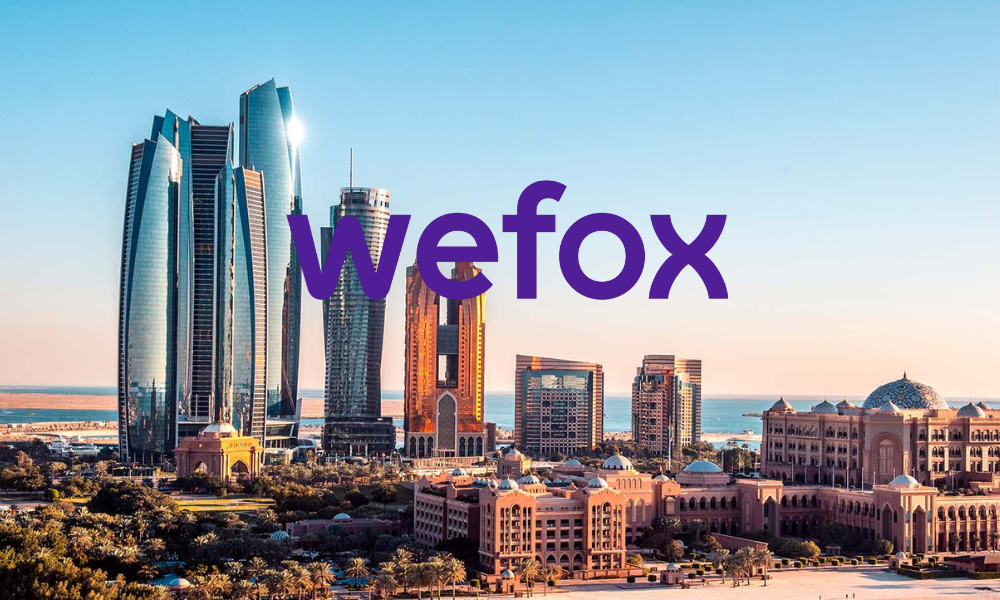According to a report by the Financial Times, the European insurance start-up that was once highly valued and raised the world’s largest funding round for an insurtech (US$650 million), is close to insolvency, and the fund is working to salvage its investment in the Berlin-based company, which has faced significant challenges in recent years.
The news comes just 12 months after the insurtech was backed by JP Morgan, Barclays and Squarepoint Capital in another US$110 million investment drive, a move that some news outlets said “marks a vote of confidence for the insurance technology space at a time when it faces tough macroeconomic headwinds.”
The funding was earmarked to bolster Wefox’s affinity programme and technology platform, according to company statements. Additionally, Wefox has made significant investments in artificial intelligence (AI), an emerging area in the tech industry.
Apparently, Mubadala is presenting various options to fellow investors to address the company’s financial difficulties, the report said. These options include a potential deal with UK insurance group Ardonagh, which would value some of wefox’s core assets at €550 million. Two years ago, Wefox achieved a valuation of $4.5 billion.
Wefox’s Rise and Challenges
Launched in 2015, wefox quickly rose to prominence as a leading European start-up, connecting insurers with customers through a network of agents. The celebrated startup also famously because a leading sponsor for AC Milan FC in 2022. In the same year, Mubadala fronted an investment round that valued the company at $4.5 billion, solidifying its status. Other investors include UK-listed Chrysalis and Prince Max von und zu Liechtenstein’s LGT Group.
However, since Mubadala’s investment, wefox has encountered significant challenges. The company, like many start-ups fuelled by cheap funding, now faces tighter financial conditions and pressure to generate profits. Reports suggest that Wefox has struggled with high funding requirements at its insurance carrier unit, while rival insurtech companies have seen their valuations drop in public markets.
Leadership Changes and Potential Sale
Alarm bells also rang earlier this year when wefox’s iconic founder, Julian Teicke, stepped down as CEO and was replaced by the group’s chair, industry veteran Mark Hartigan. Amid these changes, wefox has been negotiating to sell key parts of the company to Ardonagh, which is backed by the Abu Dhabi Investment Authority. The proposed all-share deal would value some of Wefox’s non-tech assets at around €350 million upfront, with an additional €200 million in earn-out payments contingent on hitting specific milestones.
Mubadala has a vested interest in the sale due to a special provision in its investment, known as a two-times liquidity preference, which entitles it to receive double its investment in any sale before other shareholders are paid. Despite this, Mubadala is not leading the sale process, according to sources.
Investor Division
wefox shareholder Chrysalis (CHRY) saw shares fall after news of the Mubadala bid and wefox founders, Chrysalis, and Target Global reportedly oppose the deal, fearing the move would split wefox, leaving them with the riskier parts of the business—like the technology platform and Swiss operations. This could mean losing their investment if these parts don’t succeed.
The potential sale has split Wefox’s investors. Some, opposed to the sale, are organising their own rescue financing, believing the company can achieve profitability and that it holds more value than the Ardonagh proposal.
Last month, Chrysalis also issued a statement indicating that a plan had been implemented to simplify Wefox’s business model and drive it toward profitability. Chrysalis contributed €3 million out of €20 million in new funds raised recently.
So far, wefox, Mubadala, and Ardonagh declined to comment on the ongoing situation.
Reporting by Joanna England









